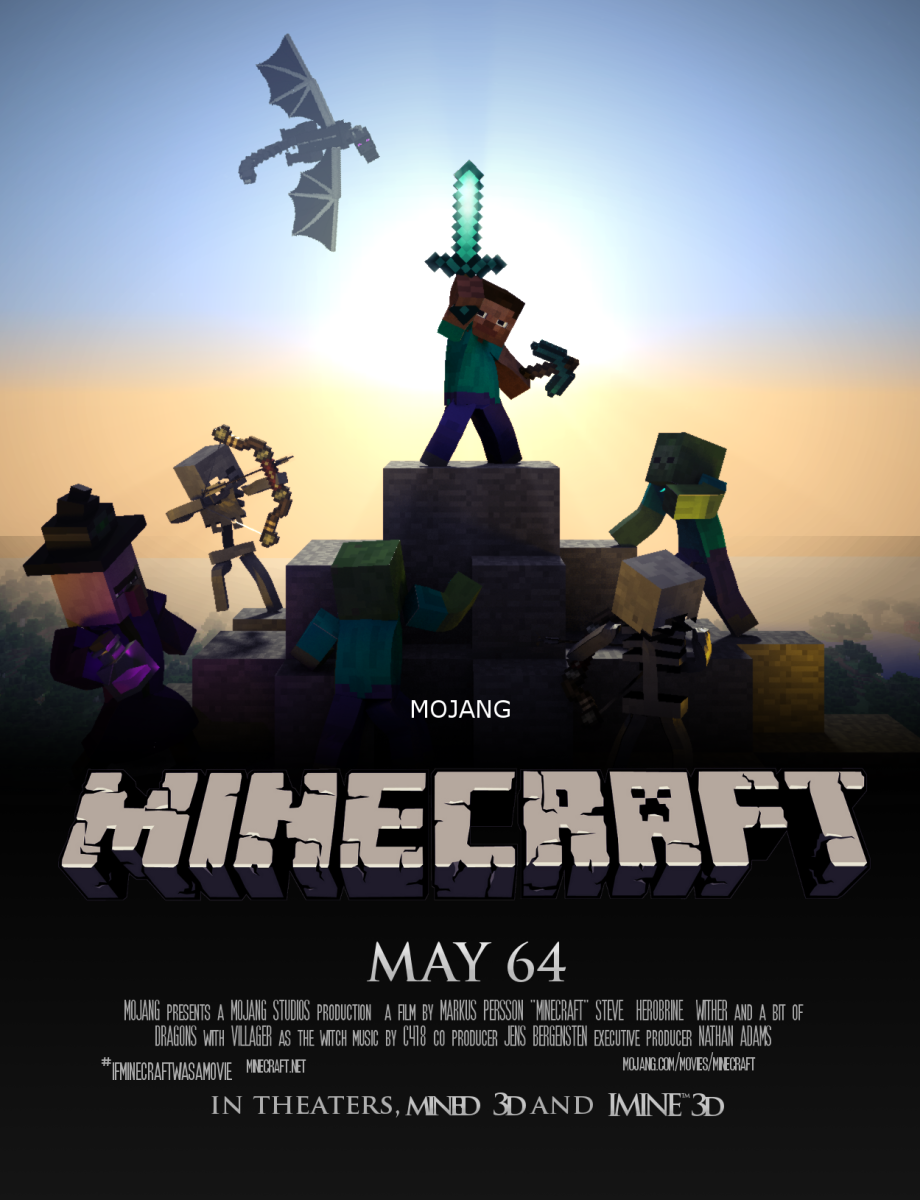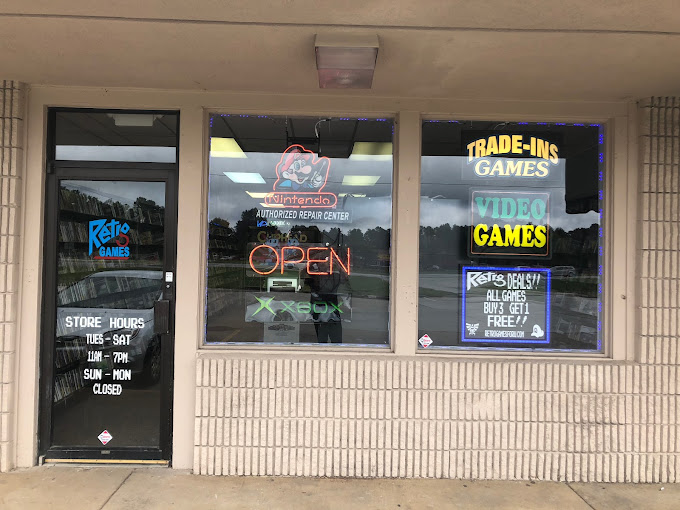In the quiet, rural town of Lula, Georgia, Retro Games stands as a testament to the enduring appeal of classic video games. With its shelves lined with cartridges and CDs from eras past, it’s a haven for nostalgia seekers and collectors alike. But step inside, and you’ll also find a touch of skepticism about the current state of the video game industry.”
Modern gaming has lost its way,” says store owner Brian Anderson, as he wipes down the glass counter displaying a mint-condition NES console. “Sure, there’s been advancements in graphics and technology, but at what cost?”

Anderson echoes a growing sentiment among gamers disillusioned by the rise of “games as a service” models. While these games offer constant updates and new content, they often come with a hefty price tag and a sense of incompleteness at launch.
“Back in the day, you bought a game, and that was it. Nowadays, you’re bombarded with microtransactions and DLC’s. It’s like buying a car but having to pay again for the wheels, or even the engine.” – Brian Anderson, Retro Games store owner
Indeed, the allure of modern gaming isn’t lost on Anderson. He acknowledges the incredible storytelling and immersive worlds that titles like “The Witcher 3” or “Red Dead Redemption 2” offer. But he worries that these qualities often come at the expense of creativity and innovation.
“Companies are more focused on churning out sequels and cash-grabbing multiplayer modes than taking risks on new ideas. I understand things like competitive multiplayer need updates to prevent cheating, but that’s neither here nor there. It’s gotten out of hand completely,” he laments.

As Anderson reflects on the state of the industry, a new customer enters the store, curiously browsing the shelves along with vibrant repurposed console cabinets running menu screens of popular titles, such as Halo 2, PAC-MAN, Tomb Raider and more, all waiting to be played. He picks up a copy of “Super Mario Bros.” and smiles, memories of childhood flooding back.
“That’s the beauty of retro gaming,” Anderson remarks, watching the customer with fondness in his eyes. “It’s timeless. These games don’t need constant updates or online servers to be enjoyed. They’re a testament to the pure joy of gaming.”
But even as he extols the virtues of retro gaming, Anderson acknowledges that the industry is evolving, for better or worse. He hopes that amidst the sea of loot boxes and subscription services, there will always be room for the kind of magic that first captured his imagination all those years ago.
“Games should be about fun,” he concludes, as the customer makes his purchase and heads out the door. “And sometimes, I think we lose sight of that in our quest for bigger, shinier experiences.”






















